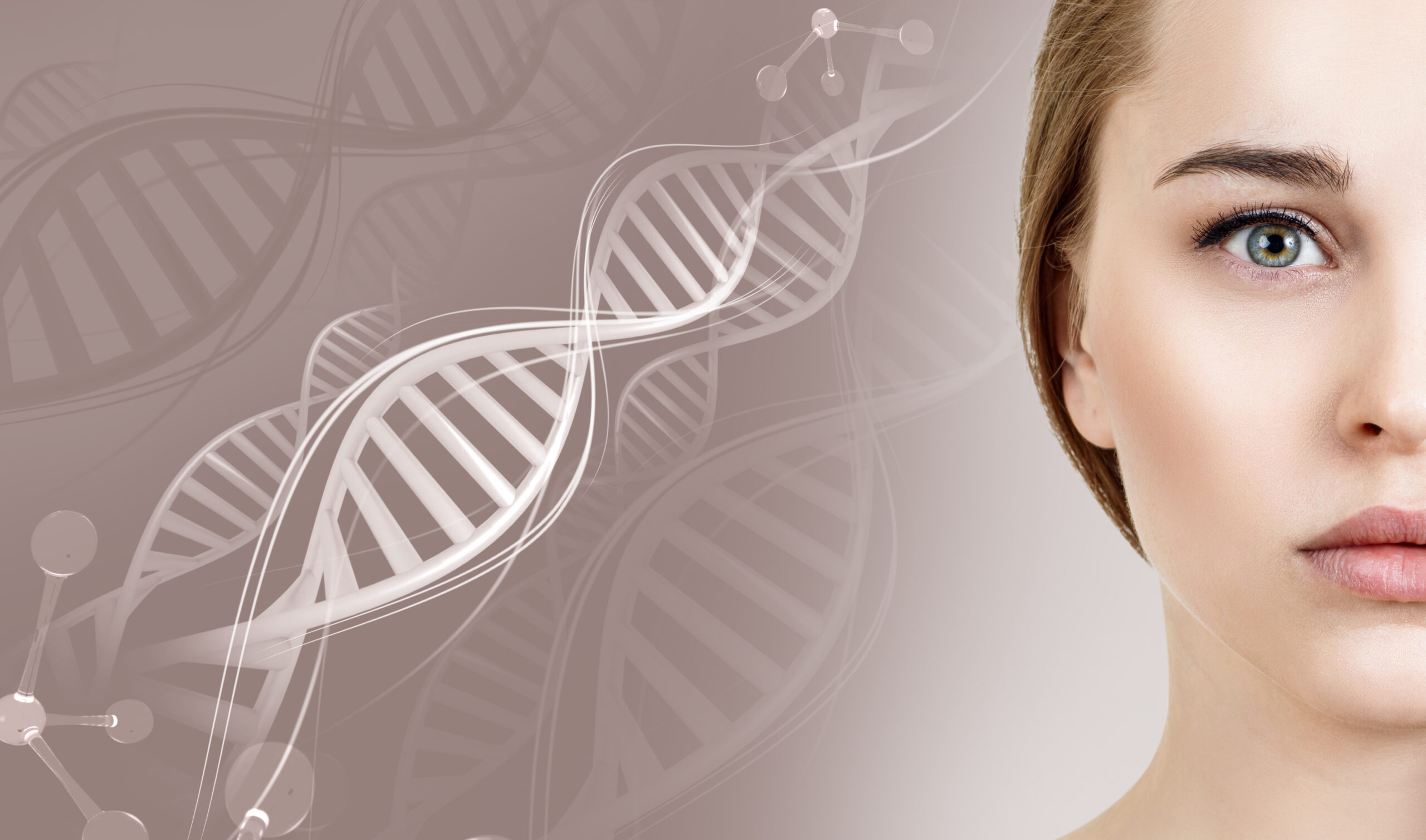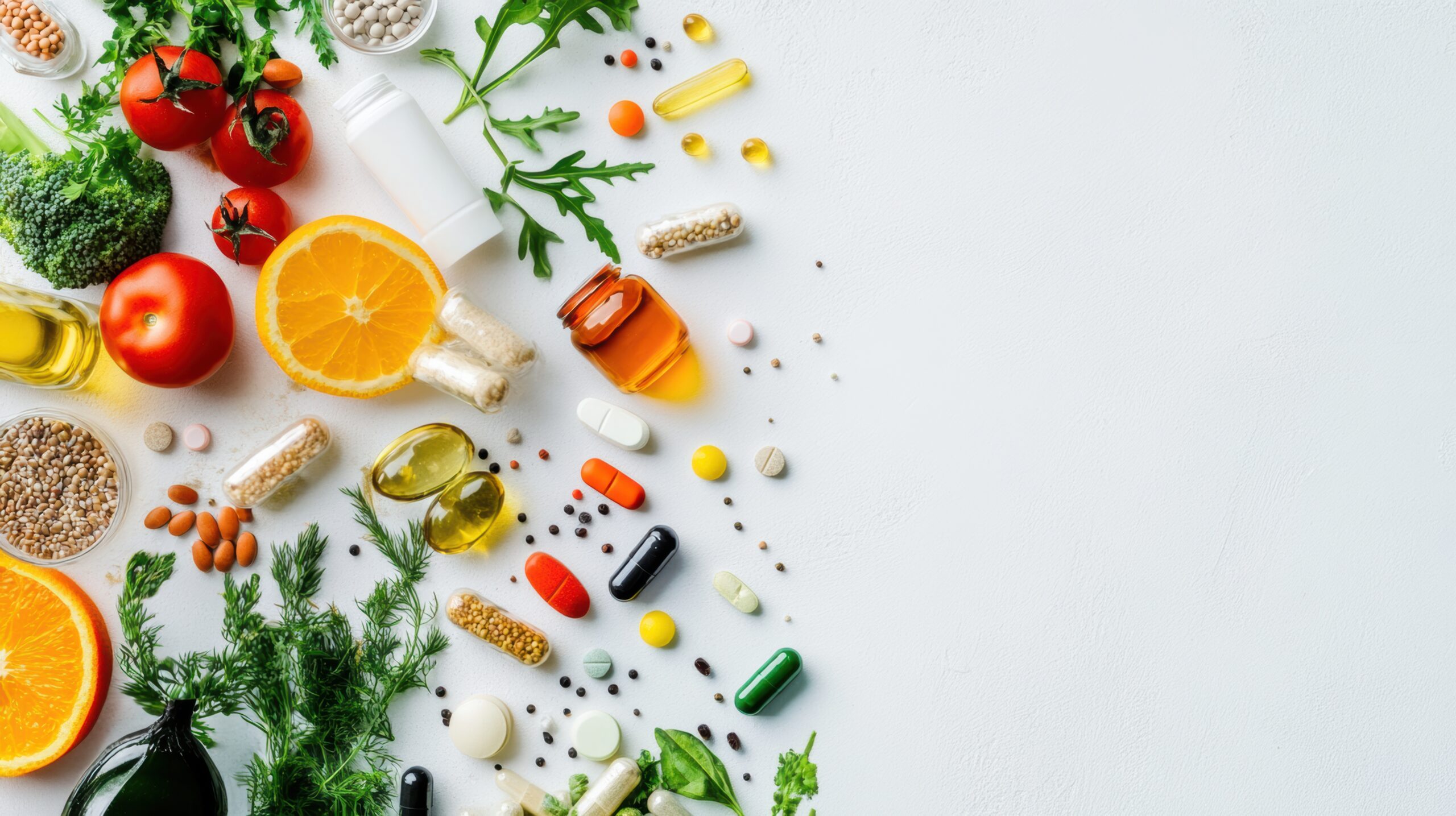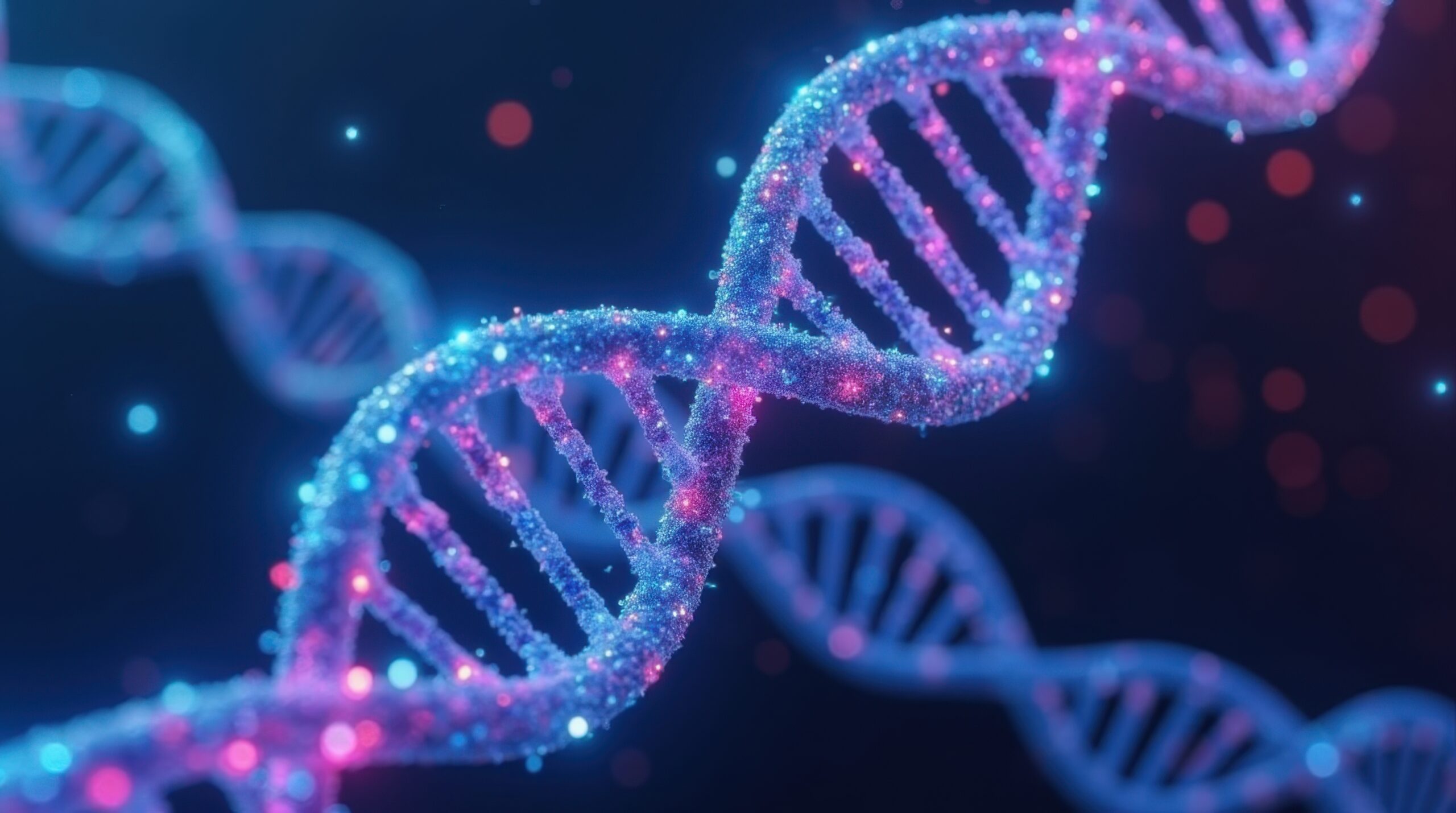A Practical Guide to Glowing Skin During Menopause
Remember the days when your skin seemed effortlessly dewy and youthful?
As we explored in part one of my menopause and skin health blog series, the hormonal shifts during menopause can disrupt this balance, leading to dryness, wrinkles, dullness, and other concerns.
But don’t worry! These changes are a natural part of your journey, experienced by many, and don’t have to define your complexion.
The good news is you have the power to reclaim your radiant skin!
In part two of my menopause and skin health blog series, I’m exploring the treasure trove of solutions and strategies designed to combat these common menopausal skin woes.
I’ll equip you with actionable steps to replenish your skin’s moisture reservoir, boost collagen production, shield your skin from sun damage, and more.
Incorporating these tips into your routine will help you navigate menopause with confidence!
You’ll maintain a healthy, glowing complexion and rediscover the joy of caring for your skin, embracing this transformative stage of life with a positive outlook.
How To Support Your Menopausal Skin
Let’s face it – menopause can throw some curveballs at your skin. Dryness, wrinkles, and sensitivity can feel like your once-radiant complexion is playing hide-and-seek!
But here’s the good news: your skin is way more resilient than you think.
With a few simple tweaks to your routine, you can keep that healthy glow strong throughout menopause.
I’m about providing practical tips and tricks to fight dryness, wrinkles, and sensitivity. I’ll talk about how to nourish your skin from the inside out, support its natural renewal process, and shield it from the elements (yes, sun damage is still a thing!).
It’s time to pamper your skin and rediscover that radiant confidence!
Hydration: The Foundation for Radiant Skin
Your skin craves consistent hydration to maintain its plumpness and vibrancy.
During menopause, a decrease in estrogen production disrupts your skin’s natural moisture barrier. This barrier, made up of oils and fats, helps lock in hydration and keep environmental irritants at bay. Estrogen also plays a crucial role in maintaining collagen levels, which are responsible for the skin’s firmness and elasticity. With a weakened barrier and decreased collagen levels, your skin loses moisture more quickly, leading to dryness, tightness, and even itchiness.
With a weakened barrier, your skin loses moisture more quickly, leading to dryness, tightness, and even itchiness.
You can combat this by focusing on hydration from the inside out!
Here are a few strategies to boost your hydration from the inside out:
- Drink Up: Aim for eight glasses of water daily, adjusting based on your activity level and climate. Water is essential for overall health, and your skin is no exception. It plumps up skin cells, giving your complexion a healthy bounce. (1) While eight glasses is a good general guideline, listen to your body! If you’re feeling thirsty, reach for water. Consider factors like exercise and hot weather, which can increase fluid loss, and adjust your intake accordingly.
- Humectants: Look for moisturizers with humectant ingredients like hyaluronic acid, glycerin, and aloe vera. These ingredients act like moisture magnets, drawing water from the deeper layers of your skin and the environment to the surface. Hyaluronic acid, for instance, can hold up to 1,000 times its weight in water! (2)This helps keep your skin hydrated throughout the day, promoting a smoother, plumper appearance.
- Healthy Fats: Include healthy fats like those found in avocados, salmon, and nuts in your diet. Healthy fats are crucial for building and maintaining your skin’s natural moisture barrier. They help keep your skin cells plump and supple, preventing moisture loss and that dreaded tight feeling. Omega-3 fatty acids, abundant in fatty fish like salmon, are particularly beneficial for promoting healthy skin. (3)
Collagen Boosting Measures
Collagen is a fascinating protein that acts as the scaffolding for your skin. Imagine a dense network of fibers – that’s collagen! It provides your skin with structure, elasticity, and youthful plumpness.
Unfortunately, collagen production naturally declines as we age, accelerating during menopause due to dropping estrogen levels. This decrease in collagen contributes to wrinkles, sagging, and a loss of skin firmness.
While there’s no magic potion to boost collagen production directly, there are evidence-based strategies to encourage your body’s natural collagen synthesis:
- Vitamin C: Include vitamin C-rich foods like citrus fruits, berries, and bell peppers. Vitamin C is a crucial cofactor for an enzyme called prolyl hydroxylase, which plays a vital role in collagen production. Ensuring adequate vitamin C intake can support your body’s ability to manufacture collagen. (4)
- Retinol: Consider incorporating a retinol product into your nighttime skincare routine. Retinol, a vitamin A derivative, has been extensively researched for its anti-aging benefits. Studies suggest that retinol can stimulate collagen production, promote cell turnover, and improve the overall appearance of wrinkles and fine lines. (5)
- Consider Peptides: Some topical skincare products contain peptides short chains of amino acids. These peptides can act as messengers, signaling to your skin cells to increase collagen production. While research on topical peptides is ongoing, some studies have shown promising results for improving skin texture and reducing the appearance of wrinkles. (6)
Sun Protection: Inside Out and Outside In
Sun damage is the single most significant contributor to premature aging. During menopause, hormonal changes may make your skin more susceptible to sun damage.
Here’s how to create a comprehensive sun protection strategy:
- Sunscreen Every Day: Apply a broad-spectrum sunscreen with SPF 30 or higher daily, even on cloudy days. UVA rays, which contribute to wrinkles and collagen breakdown, are present year-round. Reapply every two hours or more often if sweating or swimming. Sunscreens absorb or reflect UV rays, preventing them from damaging skin cells. (7)
- Sun-Protective Clothing: When outdoors for extended periods, consider wide-brimmed hats, sunglasses, and protective clothing. Physical barriers like clothing and hats provide a crucial first line of defense against UV rays. (8)
- Dietary Antioxidants: Fill your plate with antioxidant-rich fruits and vegetables. These colorful powerhouses are packed with antioxidants that combat free radicals – unstable molecules generated by UV rays that can damage skin cells and contribute to wrinkles. While not a substitute for sunscreen, a diet rich in antioxidants can offer additional protection from the inside out. (9)
Managing Sensitivity with Gentle Skincare
Menopausal skin can become more sensitive due to hormonal fluctuations. To soothe and calm your skin, prioritize gentle skincare practices:
- Less is More: Avoid harsh cleansers, toners, and exfoliants that can strip your skin of its natural oils. Opt for fragrance-free and gentle products formulated for sensitive skin.
- The Power of Ceramides: Look for moisturizers containing ceramides, naturally occurring lipids that help strengthen your skin’s barrier function.
- Soothing Ingredients: Consider incorporating ingredients like aloe vera and colloidal oatmeal into your skincare routine. These are known for their calming and anti-inflammatory properties.
Anti-Aging Treatments: Exploring Some Options
While maintaining a healthy lifestyle and consistent skincare routine are the cornerstones of a radiant complexion, some women explore additional anti-aging treatments during menopause.
Here’s a glimpse into a few options:
- Chemical Peels: These treatments use controlled chemical solutions to gently remove the top layer of dead skin cells. This process encourages cell turnover, revealing a smoother, brighter, and even-toned complexion. Chemical peels have various strengths, from mild to profound, to target different skin concerns.
- Laser Treatments: Laser skin resurfacing is another option for promoting collagen production and improving skin texture. Laser treatments use concentrated beams of light to target specific areas of the skin, stimulating collagen renewal and reducing the appearance of wrinkles and fine lines.
- Microneedling: This minimally invasive treatment involves using a device with tiny needles to create microscopic injuries in the skin. This controlled trauma triggers the body’s natural healing response, promoting collagen production and improving skin texture and firmness.
Remember, a healthy lifestyle and a consistent at-home skincare routine are the cornerstones of maintaining a radiant complexion throughout menopause. These additional options can be valuable tools to enhance your results and achieve your unique beauty goals.
Embrace Your Radiant Journey Throughout Menopause
Menopause may bring hormonal shifts, but it doesn’t have to steal your glow! By incorporating the solutions explored in this blog – hydration from within, collagen support, sun protection inside and out, gentle skincare, and potentially additional anti-aging treatments – you can empower yourself to navigate this transformative stage with confidence and a healthy, radiant complexion.
Ready to take your skincare journey a step further?
Download your FREE guide, Skin Deep: Understanding Menopause and Your Skin. This guide delves deeper into the impact that menopause has on your skin and offers more in-depth tips for managing the changes and creating radiant, healthy skin.
Unlock the secrets to a radiant you! Click the link below to download your free copy and embark on your journey to a lifetime of healthy, glowing skin.
Schedule a personalized skincare consultation! I can assess your unique needs and develop a customized plan to achieve your desired results for a radiant, healthy complexion throughout menopause. Click here to schedule your consultation today!
Resources
1. “Dietary water affects human skin hydration and biomechanics.” NCBI, 3 August 2015, https://www.ncbi.nlm.nih.gov/pmc/articles/PMC4529263/. Accessed 24 June 2024.
2. “Hyaluronic acid, a promising skin rejuvenating biomedicine: A review of recent updates and pre-clinical and clinical investigations on cosmetic and nutricosmetic effects.” PubMed, https://pubmed.ncbi.nlm.nih.gov/30287361/. Accessed 24 June 2024.
3. “The Potential Uses of Omega-3 Fatty Acids in Dermatology: A Review.” PubMed, 28 May 2020, https://pubmed.ncbi.nlm.nih.gov/32463305/. Accessed 24 June 2024.
4. “The Roles of Vitamin C in Skin Health.” PubMed, 12 August 2017, https://pubmed.ncbi.nlm.nih.gov/28805671/. Accessed 24 June 2024.
5. “Retinoids in the treatment of skin aging: an overview of clinical efficacy and safety.” NCBI, https://www.ncbi.nlm.nih.gov/pmc/articles/PMC2699641/. Accessed 24 June 2024.
6. “Cosmeceutical product consisting of biomimetic peptides: antiaging effects in vivo and in vitro.” PubMed, 7 January 2017, https://pubmed.ncbi.nlm.nih.gov/28123310/. Accessed 24 June 2024.
7. Richard, Elisabeth G., and Jamie Kleiman. “All About Sunscreen.” The Skin Cancer Foundation, https://www.skincancer.org/skin-cancer-prevention/sun-protection/sunscreen/. Accessed 24 June 2024.
8. “Molecular Mechanisms of UV-Induced Apoptosis and Its Effects on Skin Residential Cells: The Implication in UV-Based Phototherapy.” NCBI, https://www.ncbi.nlm.nih.gov/pmc/articles/PMC3634415/. Accessed 24 June 2024.
9. Fernández, Elisabet. “Skin protection against UV light by dietary antioxidants.” PubMed, https://pubmed.ncbi.nlm.nih.gov/24964816/. Accessed 24 June 2024.




